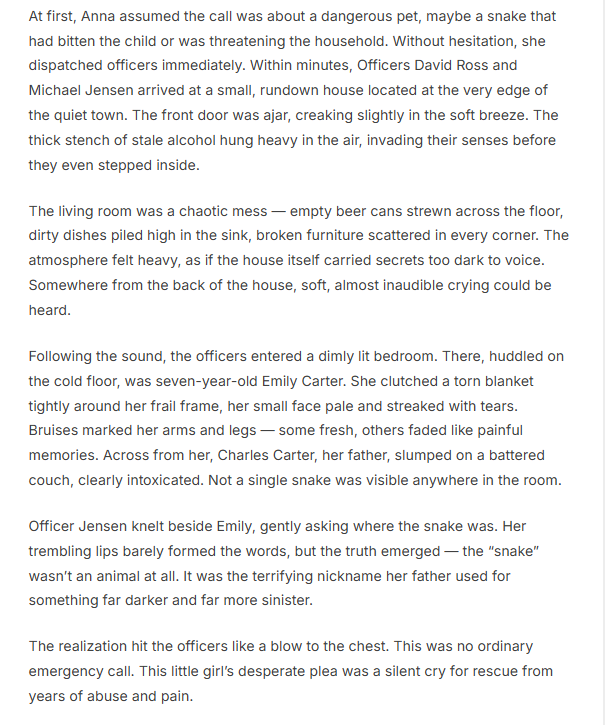Sleep is something we often take for granted, especially in today’s fast-paced, always-on world. We tend to prioritize work, entertainment, and social obligations over rest, assuming we can “catch up” on sleep later. But sleep is not just about the number of hours we rest—sleep depth plays an equally, if not more, crucial role. Deep, restorative sleep is essential for both memory retention and mental focus. Without it, your brain struggles to perform the very functions that make learning, decision-making, and productivity possible.




Understanding Sleep Architecture
Sleep is not a uniform state; it is composed of different stages, primarily divided into non-REM (NREM) and REM (Rapid Eye Movement) sleep. NREM sleep includes stages 1 to 3, with stage 3 being known as deep sleep or slow-wave sleep. This is the most restorative phase, where your body repairs tissues, builds bone and muscle, and strengthens the immune system.
During REM sleep, your brain becomes more active, dreaming occurs, and crucial cognitive processing takes place. Both deep sleep and REM are vital, but deep sleep is particularly important for consolidating memories and clearing out mental clutter.
Deep Sleep and Memory: What’s the Connection?
Every day, your brain is bombarded with information—from conversations, social media, and news to work-related data and personal experiences. Without proper rest, especially deep sleep, your brain cannot process and store this information efficiently.
Research has consistently shown that during deep sleep, the brain undergoes a process called memory consolidation. This is when short-term memories from the hippocampus are transferred to long-term storage in the neocortex. In simpler terms, deep sleep helps lock in the things you’ve learned throughout the day.
Students, professionals, and anyone who needs to retain new information should pay close attention to their sleep quality. Sacrificing deep sleep for late-night studying or binge-watching can actually backfire, making it harder to remember anything the next day.
Sleep and Concentration: Why Depth Matters
If you’ve ever woken up after a full 8 hours of sleep but still felt foggy or distracted, chances are you didn’t get enough deep sleep. The depth of your sleep determines how refreshed and alert you feel upon waking. This is because deep sleep is when the brain “cleans house,” flushing out toxins and metabolic waste that accumulate during the day.
When sleep is shallow or fragmented, concentration problems become more likely. You might find yourself zoning out during meetings, rereading the same sentence over and over, or making careless mistakes. Over time, poor sleep depth can lead to a decline in cognitive performance, affecting your job, relationships, and even your safety.
Signs You’re Not Getting Enough Deep Sleep
It’s not always obvious that your sleep is lacking in depth. You might think you’re sleeping enough based on hours alone. However, there are several signs that suggest otherwise:
- You wake up feeling groggy or disoriented.
- You rely heavily on caffeine to stay alert.
- You experience mood swings, irritability, or anxiety.
- You struggle to stay focused for more than a few minutes.
- Your memory feels unreliable or slower than usual.
If these symptoms sound familiar, your brain function could be suffering due to poor sleep depth.
How to Improve the Depth of Your Sleep
The good news is that improving your sleep quality—especially the amount of deep sleep you get—is very possible with consistent habits and small lifestyle changes. Here are some effective strategies:
1. Maintain a Consistent Sleep Schedule
Your body’s internal clock, or circadian rhythm, thrives on routine. Going to bed and waking up at the same time every day (even on weekends) helps your brain enter deeper stages of sleep more easily.
2. Create a Sleep-Friendly Environment
A dark, quiet, and cool bedroom encourages your brain to transition into deeper sleep cycles. Avoid bright lights, noisy environments, or sleeping in a room that’s too warm.
3. Limit Screen Time Before Bed
Blue light from phones, tablets, and TVs suppresses melatonin, the hormone responsible for making you feel sleepy. Try to avoid screens for at least an hour before bed.
4. Cut Back on Stimulants
Caffeine and nicotine are known to interfere with deep sleep. Avoid consuming them in the late afternoon or evening if you’re having trouble reaching deeper sleep stages.
5. Exercise Regularly
Physical activity has been shown to improve sleep depth, particularly if done earlier in the day. It helps regulate sleep patterns and reduce stress levels, both of which support better sleep.
6. Manage Stress and Anxiety
Chronic stress is one of the biggest disruptors of sleep. Techniques like meditation, journaling, or even talking to a therapist can help calm your mind and prepare you for a more restful night.
The Long-Term Impact of Poor Sleep Depth
Lack of deep sleep doesn’t just affect your short-term focus and memory. Over time, it can contribute to more serious health concerns, including:
- Increased risk of Alzheimer’s and other forms of dementia
- Higher levels of stress hormones like cortisol
- Impaired decision-making and emotional regulation
- Greater likelihood of depression and anxiety
- Decreased immune function and higher illness rates
In the long run, consistently poor sleep quality can be as damaging to your health as poor nutrition or a sedentary lifestyle.
Final Thoughts: Make Sleep Depth a Priority
When it comes to optimizing mental performance, memory retention, and daily focus, sleep depth should be non-negotiable. It’s not just about how long you sleep, but how well you sleep. By prioritizing deep, restorative rest, you give your brain the chance to reset, recharge, and operate at full capacity.
We often search for shortcuts—energy drinks, productivity hacks, memory-enhancing supplements—but the most effective and natural tool we have is high-quality sleep. If you truly want to improve concentration, enhance brain function, and stay sharp throughout the day, the answer might be as simple as turning off the lights and getting some deep sleep.



